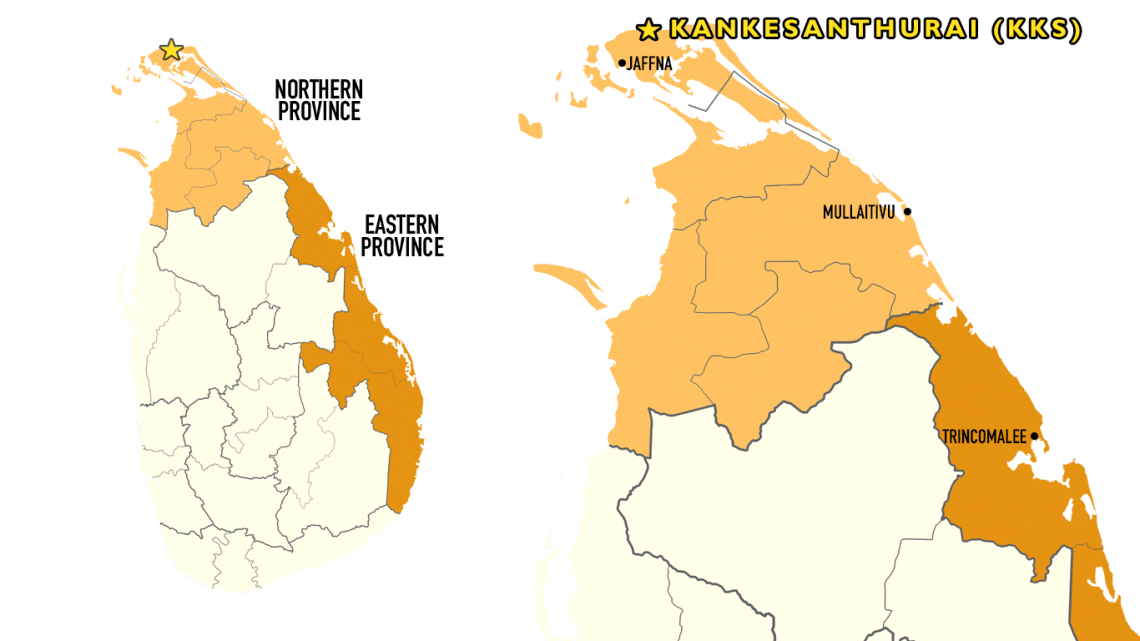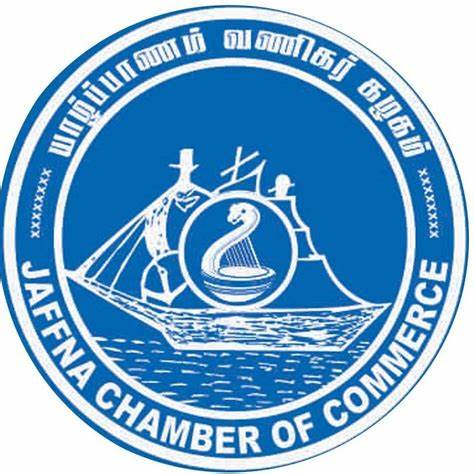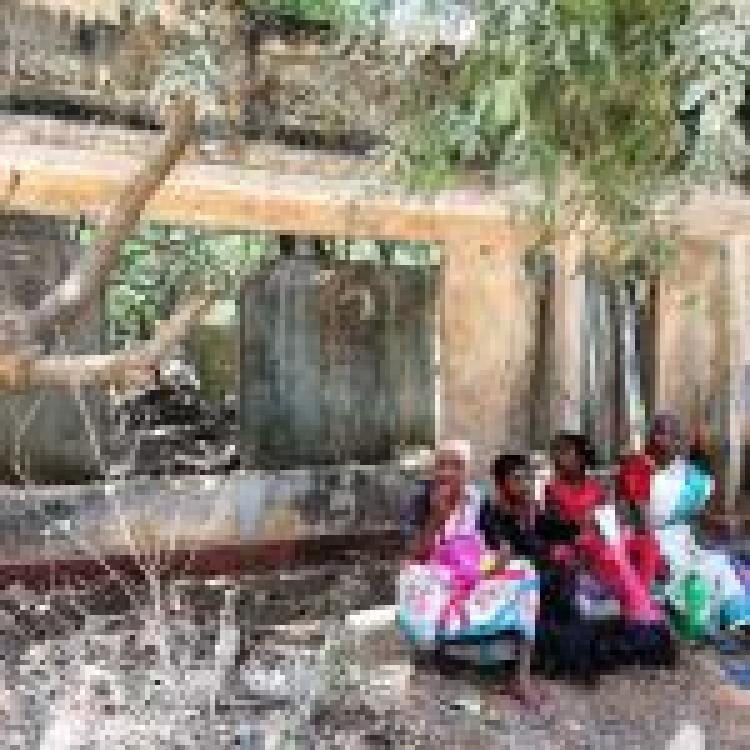
A weekly ferry carrying 300 metric tons of Indian products to Jaffna's Kankesanthurai (KKS) Harbour will begin in February.
In recent years, the Sri Lankan government has intensified its continued militarisations and Sinhalisaiton of Kankesanthurai.
The connectivity projects have been part of India’s wishlist for long, to build more people-to-people linkages between the two regions in a way that will also contribute to economic activity in the Tamil northeast, the region most impacted by the armed conflict. Tourist traffic from South India could contribute valuable foreign exchange to the island's beleaguered economy. The service will initially operate between Karaikal and Kanesanthurai.
Ferry services alongside flights used to operate from the two regions until the 1970s when they were stopped by the government. Passenger Ferry services from Mannar to Rameswaram used to operate until the early 1980s.
The idea of reviving transport links between Tamil Nadu and the north of the island has long been discussed, the ferry service is the outcome of an MoU between India and Sri Lanka signed in 2011. n 2018, India provided USD 45.27 million for upgrading the Kankesanthurai harbour into a commercial port.
Discussions were held last week in Jaffna between a Colombo-based cargo agent and the Jaffna Chamber of Commerce.
Jaffna Chamber of Commerce President T. Jayasekaran made a request from the delegation that after unloading the cargo, the ship should take local products back to India.
Mr Jayasekaran said he believed the cargo service would help reduce the prices of products imported directly from India to Jaffna rather than coming via Colombo.
Many Jaffna importers have assured that they can supply local products at a low price for the Indian market, rather than shipping them via Colombo.
Sinhalisation of the North-East: Kankesanthurai (KKS)
Reporting in 2020 on the continued militarization of the North-East, PEARL (People for Equality and Relief in Lanka) highlights that in Kankesanthurai (KKS) region, there is “least 40 military bases, 4 police institutions, 4 army canteens and resorts, and 3 Buddhist temples” within just 90 square kilometres of land.
The Sri Lankan military’s declaration of KKS as a “High-Security Zone”, has rendered the former thriving fishing and manufacturing site, inaccessible to former Tamil-speaking residents. The area, which was once considered the “lifeline of the Jaffna peninsula”, has seen Tamils lose their “homes, lands, and livelihoods”.
KKS fell under Sri Lanka’s Naval control between 1983 and 1993 and was consequently closed off to the Tamil public. However, as PEARL notes, it follows a longer history of economic discrimination. In the early 70s, KKS harbour was rejected as a suitable port following pressure from Buddhist monks and Sinhala extremists. This was detrimental for the Tamil economy as the harbour would have been crucial in “promoting free trade globally to and from the Tamil homeland but was left undeveloped by the state” and went against World Bank recommendations. Sri Lanka’s regulations prevented the establishment of Free Trade Zones outside of Colombo, ensuring that the economic benefits accrued to Sinhala-dominate regions.
PEARL further notes that during its period as an electoral district there were further issues resolving problems “relating to colonization of Tamil districts, educational and employment opportunities, funds for the development of irrigation, agriculture, and industries”.
Since the end of the armed conflict, PEARL notes that the region has “evolved towards maintaining the normalization of surveillance and intrusion into Tamil civilians’ lives, while serving as a gateway to engage in Sinhalization of the region”.
The militarisation of KKS and its surrounding areas has rendered fishing ports inaccessible to Tamil residents and increased surveillance on the Tamil public. This has led to increases in harassment of Tamil residents as well as increased attempts at suppressing memorials, such as the annual Thileepan Remembrance.
PEARL further notes, that recently a Sri Lankan navy sailor from the KKS base was arrested by the Criminal Investigation Department for his involvement in the abduction and disappearance of 11 Tamil youths between 2008 and 2009.
Read more here


